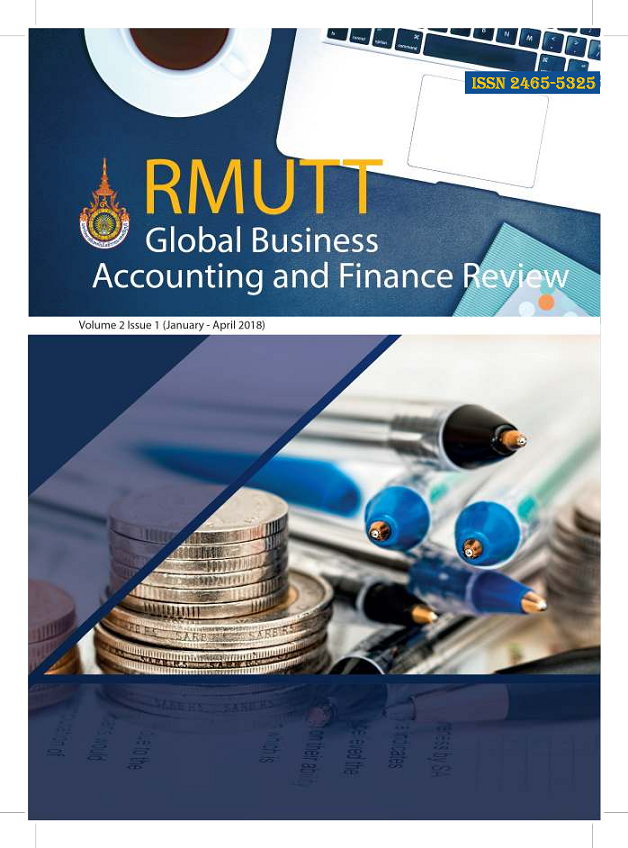THE EFFECTS OF MULTIPLE INTELLIGENT (IQ, EQ, AND AQ) ON EMPLOYEE PERFORMANCE: A CASE OF ABC AUTOMOTIVE CO., LTD.
Keywords:
Multiple Intelligent, Intelligence Quotient, Emotional Quotient, Adversity Quotient, Employee PerformanceAbstract
The objective of this independent study was to study multiple intelligence including (intelligence quotient, emotional quotient and adversity quotient) that are related to job performance of employees in ABC Company located in Amata City Industrial Estate and to use the results of the study as a guideline for human resource department to develop, train and improve work ability of employees. The respondents consisted of 210 employees who worked in Automotive Company in Amata City Industrial Estate Rayong Province. The questionnaires were used to collect the data. The data analysis employed frequency, percentage, mean, standard deviation and multiple regression model. The analyzed results showed that the intelligence quotient and emotional quotient in terms of empathy and self-management had an effect on employee performance at the significance of 0.00, 0.03 and 0.00, respectively.
References
Campbell, J. P. (1990). Modeling the performance prediction problem in industrial and organizational psychology. In M. D. Dunnette & L. M. Hough (Eds.), Handbook of industrial and organizational psychology (Vol. 1, pp. 687–732). Palo Alto: Consulting Psychologists
Canivel, L. D. (2010). Principals’ Adversity Quotient: Styles, Performance, and Practices. Disertasi tidak dipublikasikan. University of Philippines.
Gardner, H. (1987). The theory of multiple intelligences. Annals of Dyslexia, 37(1), 19-35.
Goleman, D. (1996). Emotional Intelligence. Why It Can Matter More than IQ. Learning, 24(6), 49-50.
Imlahi, H. (2015). Intelligence quotient and its environmental factors in children. Al Akhawayn University.
Lopes, P. N., Salovey, P., & Straus, R. (2003). Emotional intelligence, personality, and the perceived quality of social relationships. Personality and individual Differences, 35(3), 641-658.
Oommen, A. (2014). Factors Influencing Intelligence Quotient. Journal of Neurology and Stroke, 1, 1-5.
Phoolka, S., & Kaur, N. (2012). Adversity Quotient: A new paradigm to explore. International Journal of Contemporary Business Studies, 3(4), 67-78.
Raven, J. C. (1938). Raven's progressive matrices. Western Psychological Services.
Salovey, P., & Mayer, J.D. (1990). Perceiving affective content in ambiguous visual stimuli: A component of emotional intelligence. Journal of Personality Assessment, 54, 772-781.
Stoltz, P. G. (2000). Adversity Quotient@ Work: Make Everyday Challenges the Key to Your Success - Putting the Principles of AQ Into Action. William Morrow.
Stoltz, P.G. (1997). Adversity quotient at work: Make everyday challenge the key to your success-putting principles of AQ into action. New York: HarperCollins Publishing, Inc
Terman, L. M. (1916). The uses of intelligence tests. The measurement of intelligence, 3-21.
Yamane, T. (1967). Statistics: An Introductory Analysis, 2nd Ed., New York Harper and Row.









